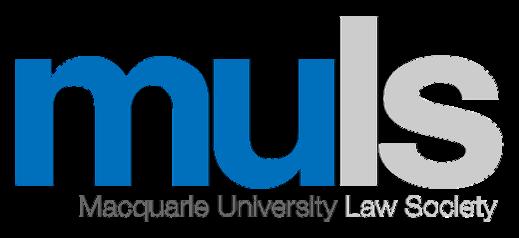DIVERSE CAREERS GUIDE 2025
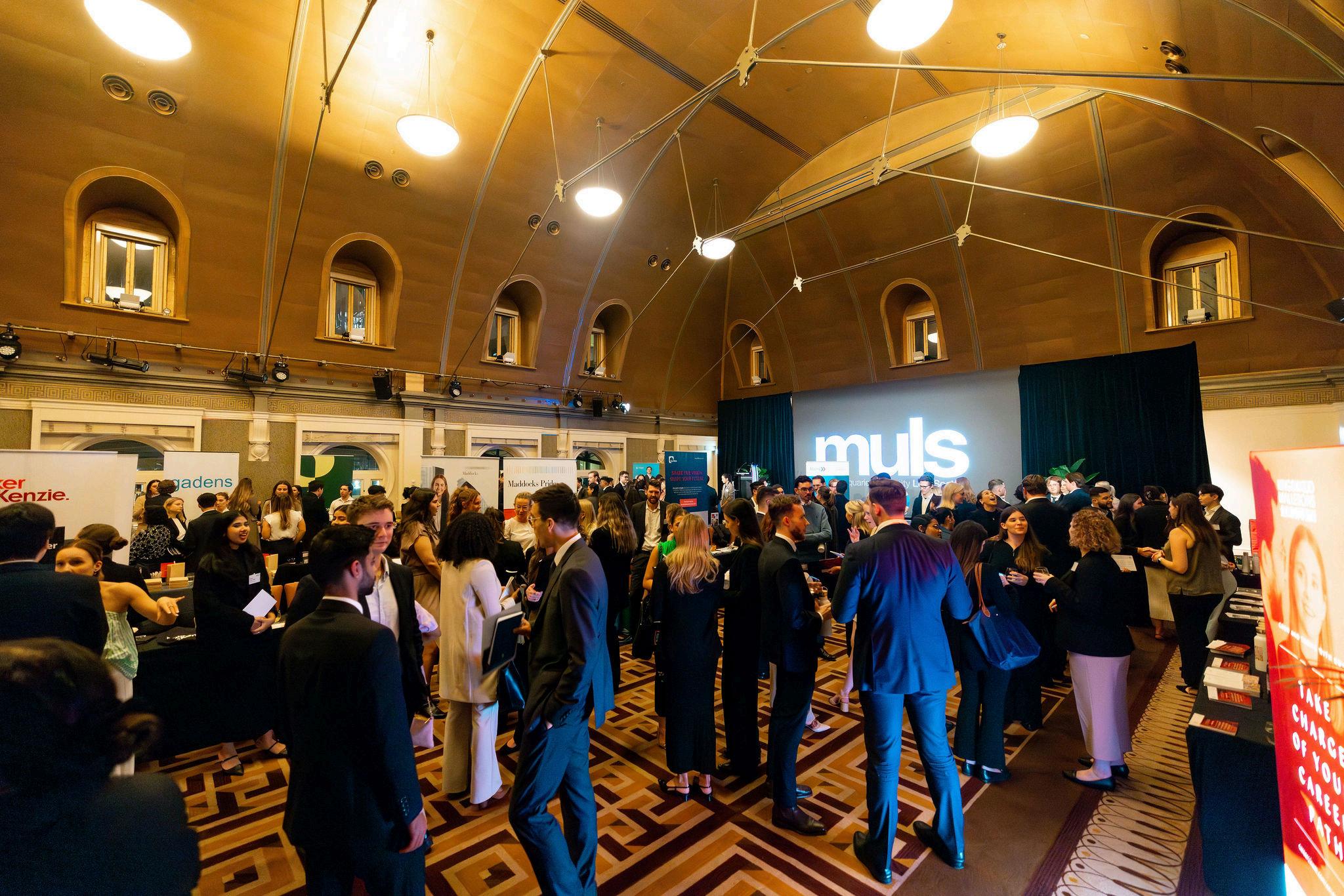
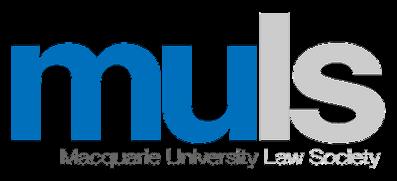
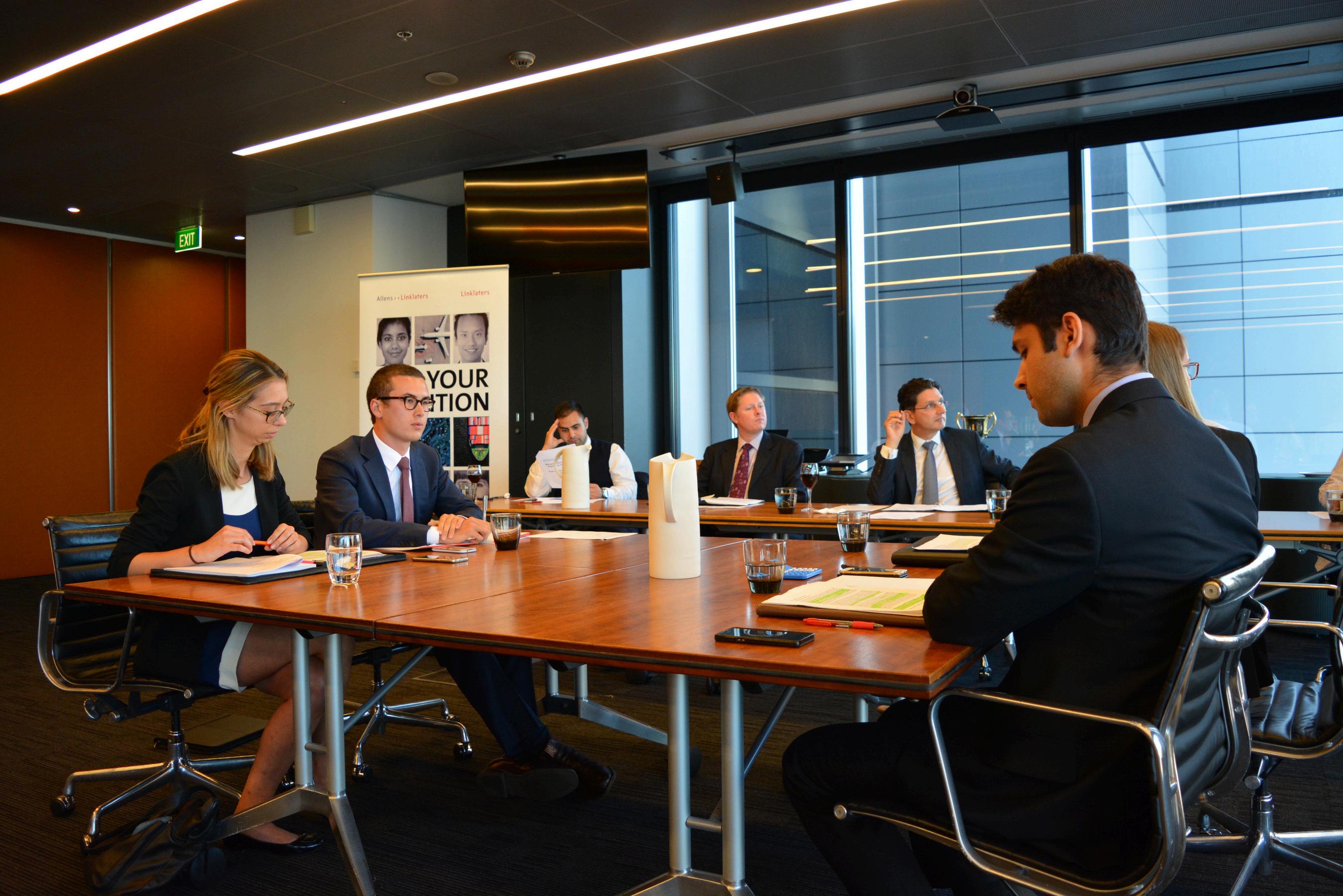




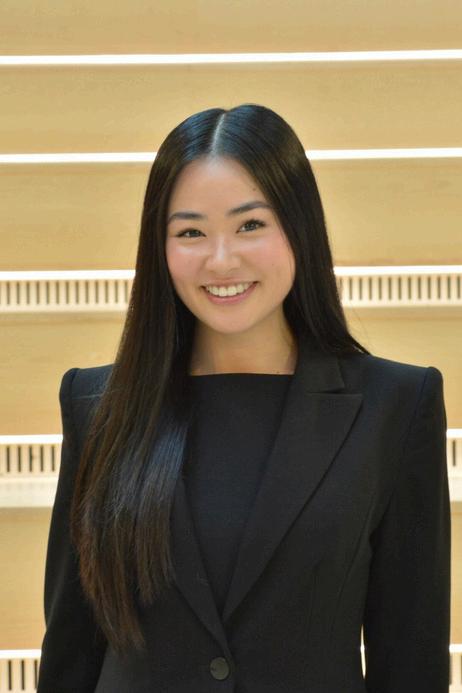
Rachel Duong President
MULS has been committed to broadening our career resources to help you find clarity in your own unique career journey.
Part of finding a career that feels right to you is meeting and speaking with people who have done what you want to do. It often only takes one conversation to spark an idea, a desire or first step, and that can set you on a path to reach your career goals.
I have found that every conversation at networking and professional events has provided me with golden nuggets that I have pieced together to find my career. I wanted to help as many students have this opportunity too. Opportunities to network, connect and learn from a diverse range of legal professionals to see what is truly possible, how to start and where to go. This year, MULS brought students our Public Interest Night and Diverse Careers Guide. These initiatives connected students interested in a diverse range of legal careers with legal professionals in government, family law and criminal law.
At our Public Interest Night, students engaged in panel discussions with Macquarie Law alumni who have built successful careers in public interest. Students then rotated in groups to learn about a range of legal careers and how to start in these careers.
This Diverse Careers Guide supports our Public Interest careers event and makes conversations, insights and advice readily accessible to you. I thank Connor Loeven and Jordan Lau for their hard work on our Public Interest Night. I also thank Emilia Price for her dedication in publishing the Diverse Careers Guide.
We hope these conversations help you find clarity or take your first step in your career journey.
Kind regards Rachel
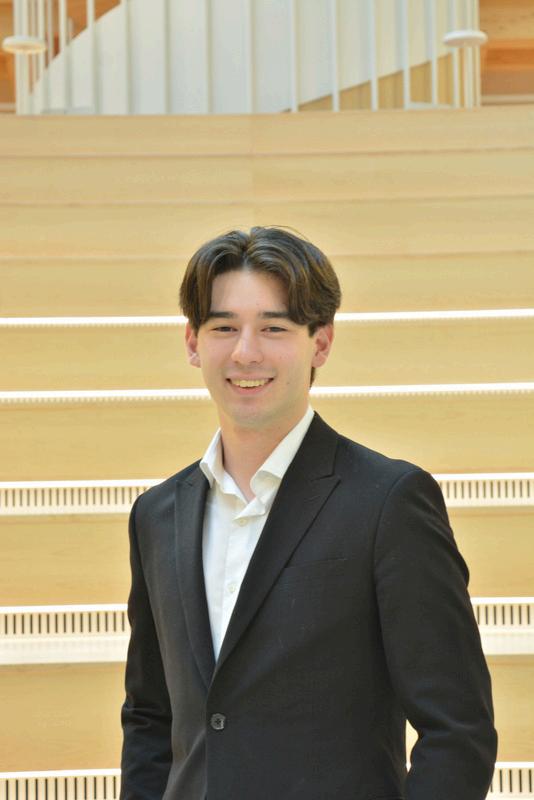
Jordan Lau Vice-President (Careers Engagement)
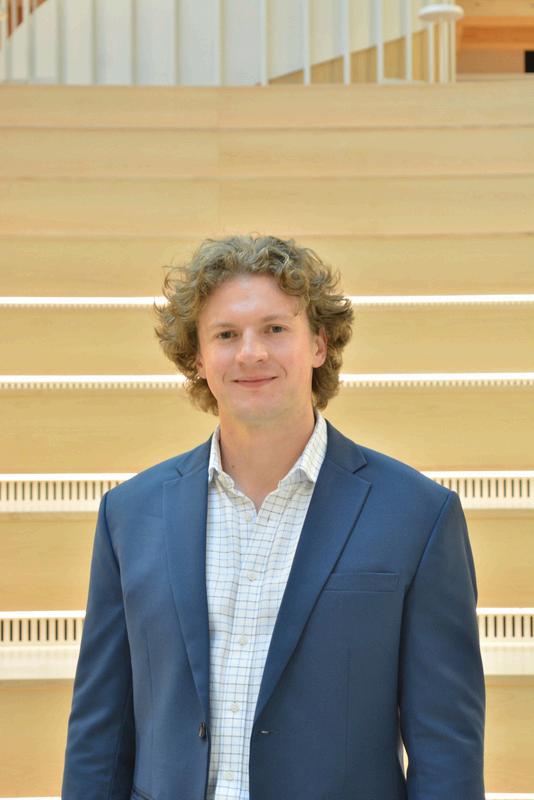
Connor Loevan Vice-President (Juris Doctor & Postgraduate)
At the Macquarie University Law Society we are proud to promote the vast range of careers available to law graduates and showcase the pathways to finding a career which suits each student's respective passions. As part of our 2025 goal to create new pathways into legal careers, the Diverse Careers Guide returns in 2025 in line with our brand new public interest and junior careers events. Inside this Guide you will find a range of interviews with law graduates from diverse and public interest careers, who have kindly offered to share their stories, wisdom and advice.
I particularly urge students who are unsure of their career aspirations to explore the various anecdotes and advice found in this Guide. While no career journey is the same, you may find that the careers of our interviewees, or the steps they took to achieve them, may offer inspiration for your own career progression and provide a foundation for developing your career goals.
I extend my sincere gratitude to Emi and the Publications team for their hard work in bringing back the Diverse Careers Guide, and thank all our readers for your support of our publications this year.
For many, choosing a career in law is borne out of a passion to serve the public. While significant investment is made to steer students into the commercial world, it is important to remember the breadth of legal careers that are not only available but essential to our societal needs. Bringing together professionals from various public interest backgrounds to share their perspective on building a legal career that serves the varied needs of individuals is fundamental to nurturing a student body that is adequately informed about the professional space they seek to be part of. MULS is proud to partner with lawyers who dedicate themselves to making an impact in the lives of everyday people. Whether it’s through the administration of government agency, developing policy, working with families to

Emilia Price Vice-President (Publications)
manage their estates, or representing and advocating for individuals who need to navigate criminal and civil matters, public interest careers are essential to the legal ecosystem that we all enjoy We hope you find something valuable in this publication that will help you navigate through your own professional journey.
Traditionally, law students begin their careers through clerkships or graduate programs at law firms, following a structured pathway toward partnership. While this remains a respected route, the legal landscape is shifting to embrace a broader range of career possibilities. Increasingly, graduates are pursuing non-traditional paths that reflect the evolving needs of society and the diversity of legal practice. These include roles in not-for-profit organisations, government departments, community legal centres, policy development, academia, and entrepreneurship. Many also enter the legal field later in life through postgraduate or Juris Doctor programs, bringing valuable perspectives from other professions.
MULS recognises and celebrates these diverse pathways, highlighting how lawyers contribute meaningfully to the public good. By connecting students with professionals across these areas, we aim to broaden understanding of what a successful and fulfilling legal career can look like. This publication serves as a reminder that there is no single route to success in law, rather, there are countless ways to make a genuine impact. This publication aims to showcase those possibilities and encourage students to think broadly about their futures. I hope this Guide will inspire you to find a career path that not only challenges them intellectually but also reflects their values, aspirations, and commitment to justice.
In Australia, the traditional pathway for law students often begins in clerkships or graduate programs at law firms. Eventually, graduate lawyers are expected to progress through structured hierarchies toward partnership or senior legal counsel positions. However, non-traditional law paths are increasingly gaining traction as the legal profession diversifies. These non-traditional pathways may include working in for non-for-profits, governmental jobs, legal aid roles and entrepreneurship. Additionally, some individuals enter the legal field later in life through postgraduate degrees or juris-doctors, bringing diverse experiences from other professions. These non-traditional paths reflect the evolving legal landscape, where the interdisciplinary skills learnt in law are highly valued. Ultimately, while traditional pathways remain dominant, non-traditional law careers in Australia are expanding, offering greater career mobility, innovation, and alignment with individual interests and values.
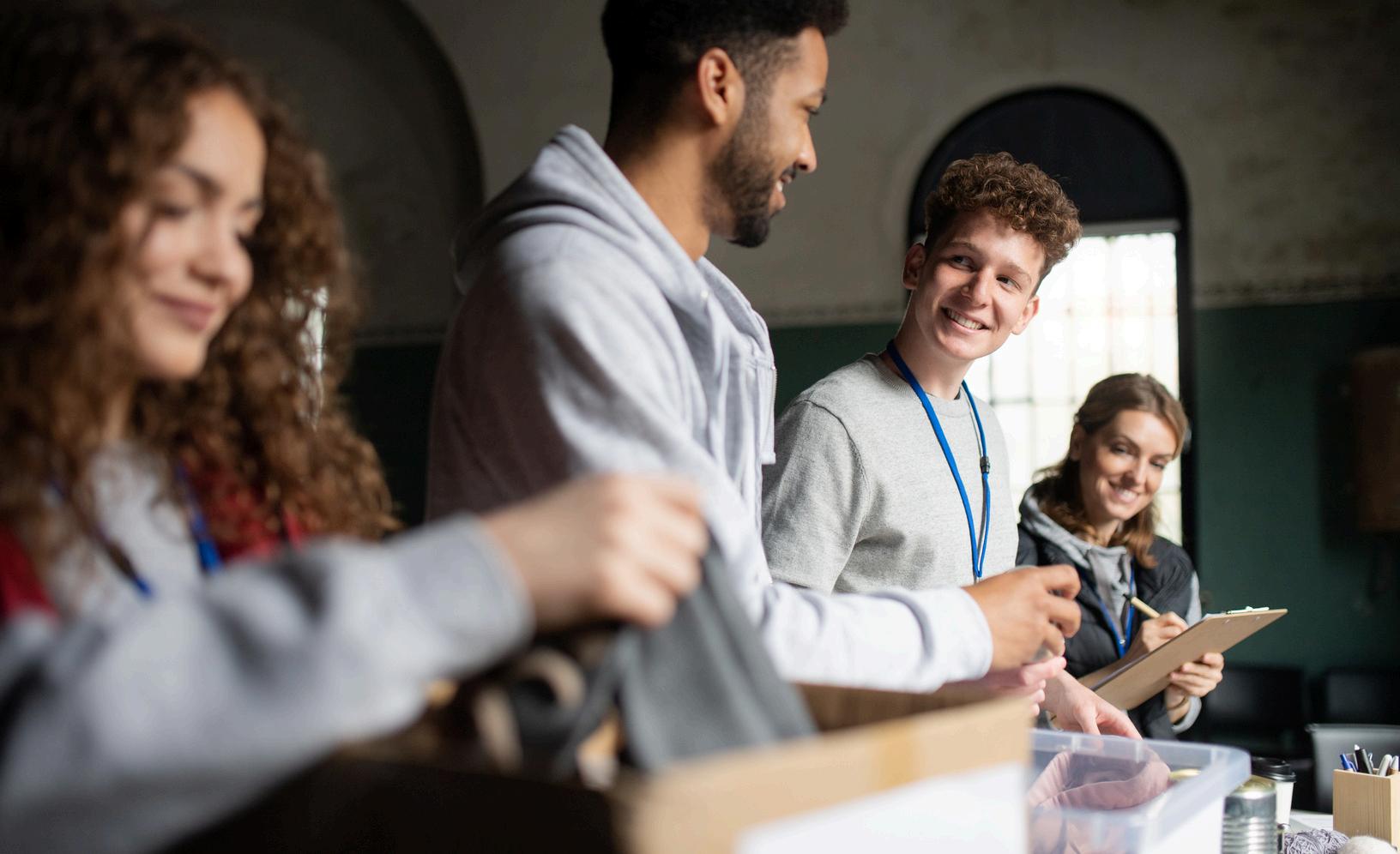
Why choose a non-traditional pathway?
Many people choose non-traditional pathways as it provides greater alignment with personal interests or values. For others, work-life balance is another motivator Traditional legal roles are often demanding, with long hours and high stress. Non-traditional paths may offer more manageable workloads or flexible arrangements, which appeal to those prioritising family, health, or lifestyle.
What are some emerging industries or sectors where legal expertise is in demand outside of traditional practice?
Environmental governance, AI, fintech and the health sector are among some of the rising industries in which legal skills are increasingly in demand.
Ruth Lubrainschik Solicitor at Legal Aid
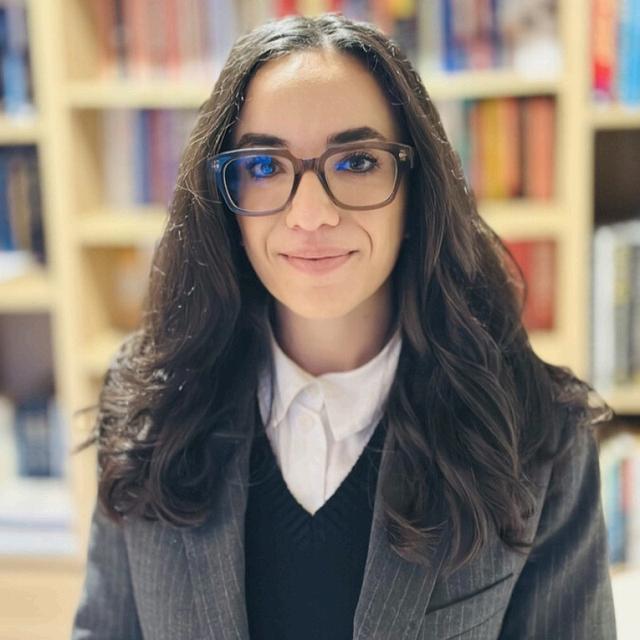
What has your career journey been so far?
I completed an Arts degree before completing a Juris Doctor. I then had a period where I did legal research, before working as a Judge’s associate. I now work at Legal Aid in their crime division.
How is it different to how you originally envisioned your law career to be?
I had originally planned to do undergraduate and not postgraduate law. I also thought I’d go straight into practice. With hindsight, I’m so glad things panned out the way that they did and that I have had the experience I have had. All experience is good experience.
There is a perceived “route” for a legal career. This is usually through a clerkship, that leads to your Practical Legal Training (PLT) at the firm, and then subsequently a graduate position. When did your career start to diverge from this path?
I always wanted to practice in crime – commercial law was
never an interest of mine. But there was a period of time where the force of clerkship applications loomed so large, and everyone was doing it, that I felt as though I had to apply. I started the applications which took me hours, and once I’d submitted about 9 of them I took a step back and asked myself why I was doing it, if I knew already that it was not what I wanted to do. I felt completely at peace with my decision not to partake in that process – I didn’t know anyone else who didn’t; I was very alone in my decision. I think that there is a perception that there is “one way” to get your law degree done and to get into practice, but that is certainly not true, and there are also so many specialised practice areas – it’s totally okay to take the path less travelled if you already know what you want to do, and it looks different to everyone else!
What advice would you give students who are unsure about their future in law?
Try everything, don’t let yourself be pigeonholed, explore your options – you might surprise yourself as to what actually interests you (or what you’re good at!). Take every opportunity to learn from people better, smarter, and more experienced than you. And if you’re the best in the room – find a new room!
What advice would you give students who are interested in a position similar to yours?
If you’re interested in criminal law and advocacy, spend as much time as you can observing in court and don’t be shy to email barristers and practitioners asking if you could shadow them for a day – it feels like a strange thing to do at first, but we are a small, collegiate community, we all lean on each other and particularly more senior members of the profession intrinsically consider mentoring as part of their professional duty. It’s the best way to learn!
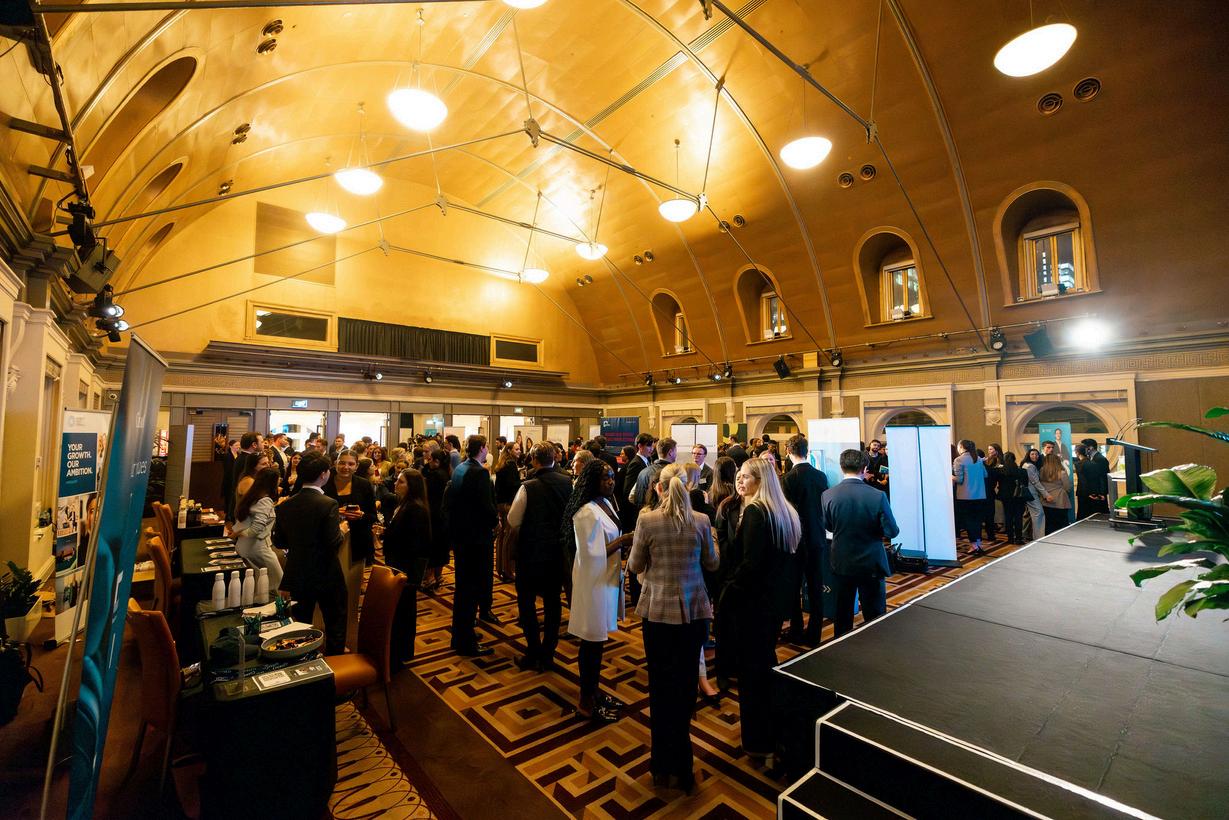
Maggie Farahbakht Associate to his Honour Judge P Mahony SC
What has your career journey been so far?
My journey started in my final year of law school as a paralegal at a small multidisciplinary (commercial/wills and estates) firm in the CBD. I completed my PLT at that firm and also volunteered at the Aboriginal Legal Service (NSW/ACT). After my admission, I was offered a solicitor role which I remained in for 3 years. In 2022, I completely changed my area of practice to criminal defence starting at the ALS in Redfern and later Parramatta until the end of 2023. In 2024, I commenced as an Associate at the District Court of NSW.
How is it different to how you originally envisioned your law career to be?
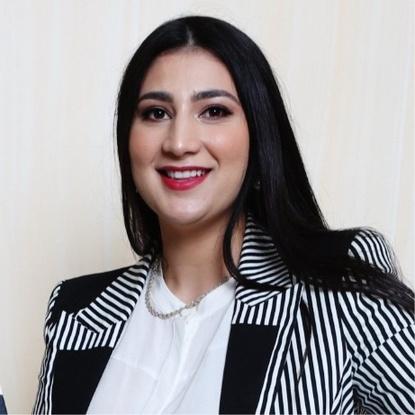
I always thought I’d be an Associate earlier on in my career, but I am glad it has worked out in this way.
There is a perceived “route” for a legal career. This is usually through a clerkship, that leads to your Practical Legal Training (PLT) at the firm, and then subsequently a graduate position. When did your career start to diverge from this path?
My career diverged from that path from the start. I never (I know controversial) applied for a clerkship role. There are other PLT and graduate options such as community legal centres, small firms and government organisations. The experience you can gain from smaller practices should not be overlooked.
Did any setbacks ultimately lead to positive outcomes in your career?
Yes, I would not be in this position if it weren’t for those setbacks, I am a firm believer that everything happens for a reason.
What advice would you give students who are unsure about their future in law?
Keep an open mind. Any experience is good experience! A great attitude, a bright mind and social skills are vital for thriving in law.
What advice would you give students who are interested in a position similar to yours?
The more value you add to your skills and capabilities, the more valuable you are to future employers.
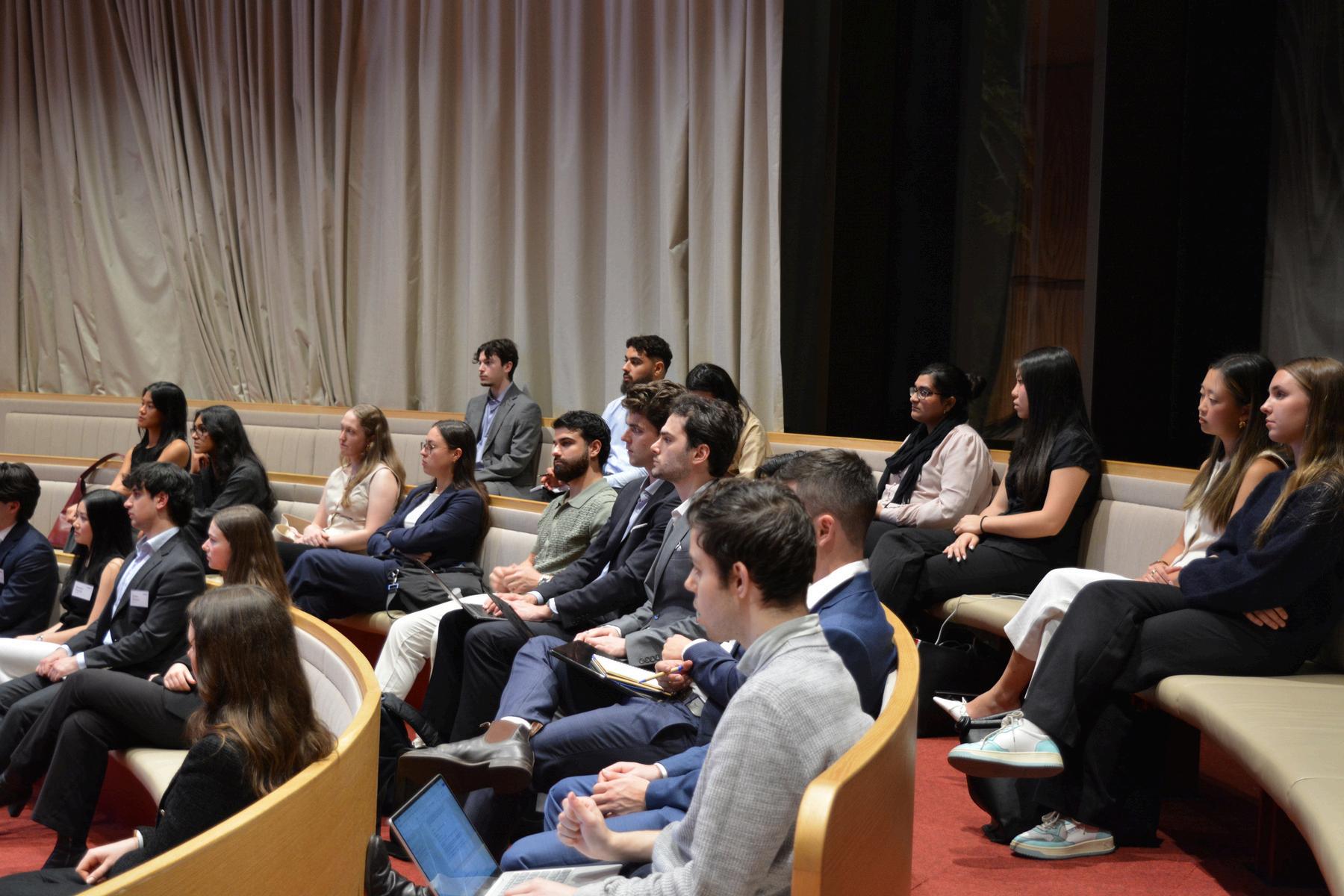
Annabelle Donkin Associate to her Honour Judge Mendes

What has your career journey been so far?
My career started as a volunteer at the inner-city legal centre where I assisted in the employment team. Following this I obtained a job as a paralegal at a law firm (Hall & Wilcox) in their dispute resolution team. I worked in this role part time as I did my JD studies. During my final year in an Advanced Criminal Law class, none other than Maggie Farahbakht (alum of Advanced Criminal Law) gave a talk to our class about working as an associate. Needless to say, my interest was sparked, and as a result I applied for an associateship as I neared the end of my studies.
How is it different to how you originally envisioned your law career to be?
My career, whilst only just beginning, is different to what I had envisioned yet at the same time, the path I am now on feels most aligned with my values and passions.
There is a perceived “route” for a legal career. This is usually through a clerkship, that leads to your Practical Legal Training (PLT) at the firm, and then subsequently a graduate position. When did your career start to diverge from this path?
I think the perceived route is a myth, the great thing about the legal profession is there are a myriad of routes that can be taken, these routes are not prescriptive. I never applied for a clerkship, the firm I worked at didn’t even offer them. I completed my PLT full time whilst simultaneously finishing my last semester of study and I chose an associateship over a graduate position.
Did any setbacks ultimately lead to positive outcomes in your career?
Absolutely, for instance, I graduated later than I had envisaged, but in the end, it meant I ended up in the role I am in now. I am certain there will be many more setbacks I will face in the future.
What advice would you give students who are unsure about their future in law?
Don’t assume you know what you do and don’t want to do or where you do and don’t want to work, try everything, and keep questioning.
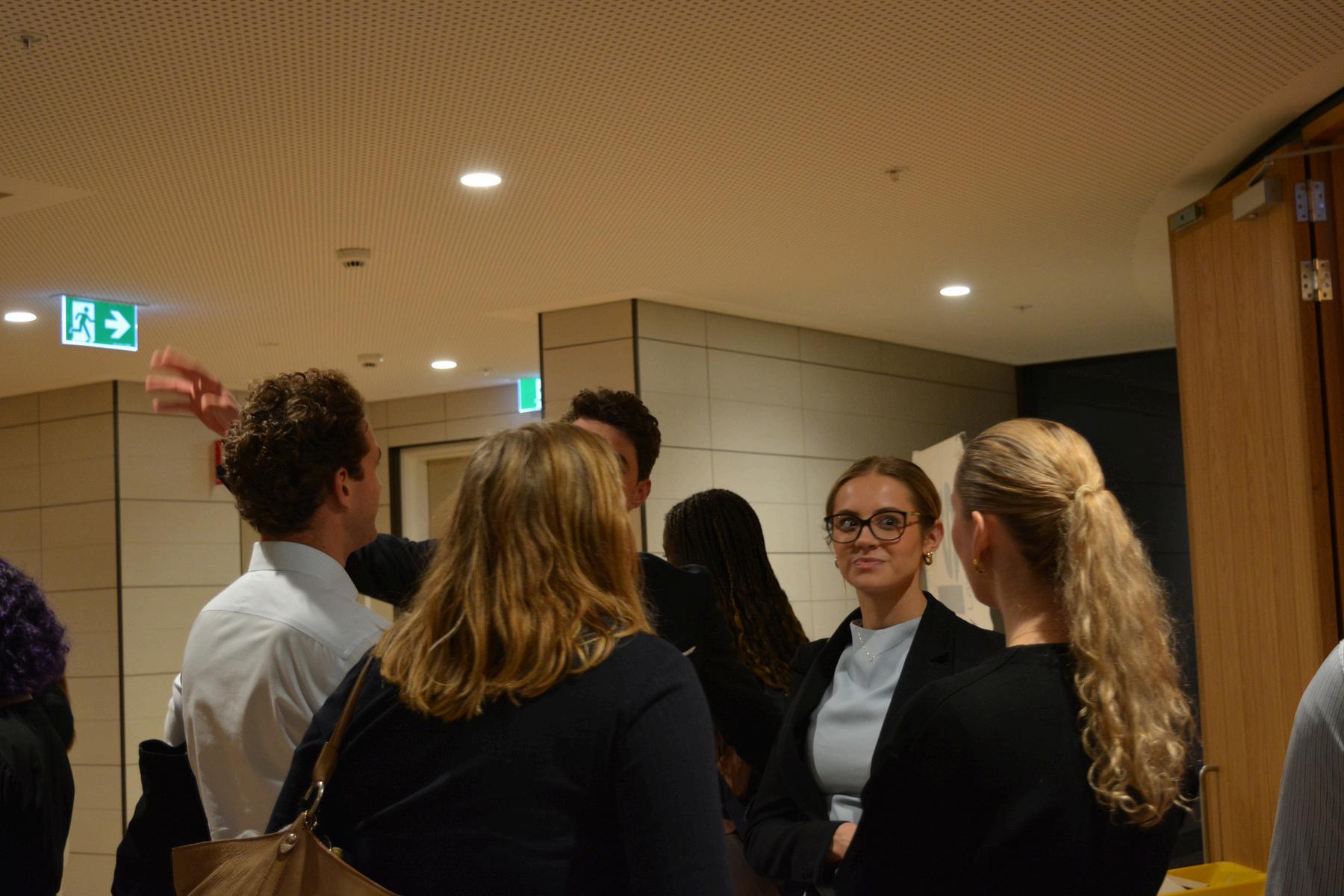
What advice would you give students who are interested in a position similar to yours?
Life experience, skills, and common sense are just as important as good grades.
Sivanjali Karalasingham Associate at Johnson Winter Slattery
What has your career journey been so far?
During university, I navigated a career as a paralegal across three disputes areas, Construction Disputes, Insolvency and Asbestos-disease litigation. As a graduate, I moved to a boutique law firm that was Doyleslisted in the areas of Insolvency and Commercial Disputes and went on to work in that practice as a solicitor prior to my current role, as an Associate in the Restructuring & Insolvency practice at Johnson Winter Slattery.
How is it different to how you originally envisioned your law career to be?
My career has focussed on Restructuring & Insolvency, which is a very interesting area to practice in. As a paralegal, I initially thought that this work would primarily involve being in Court to assist clients through public
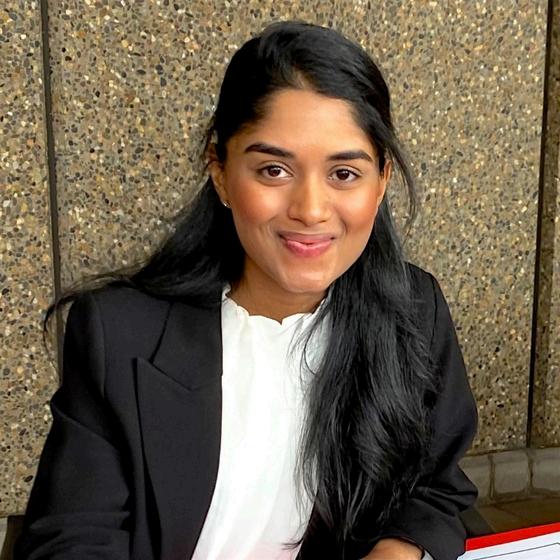
examinations (a process that external administrators conduct as part of their investigations under Australian company law) and attending Court to seek approval for various decisions that appointees undertake. Whilst this appealed to me as a law student interested in Court work, in practice the everyday of an R&I role can also involve assisting clients through a variety of appointments including for solvent companies, where the work can also be transactional and regulatory, to assist clients in continuing to trade a business, for instance. I find the diversity
and complexity of matters involved in this practice to be enjoyable, as there is a continuous learning curve and you are challenged as a junior lawyer to use different skill sets.
There is a perceived “route” for a legal career. This is usually through a clerkship, that leads to your Practical Legal Training (PLT) at the firm, and then subsequently a graduate position. When did your career start to diverge from this path?
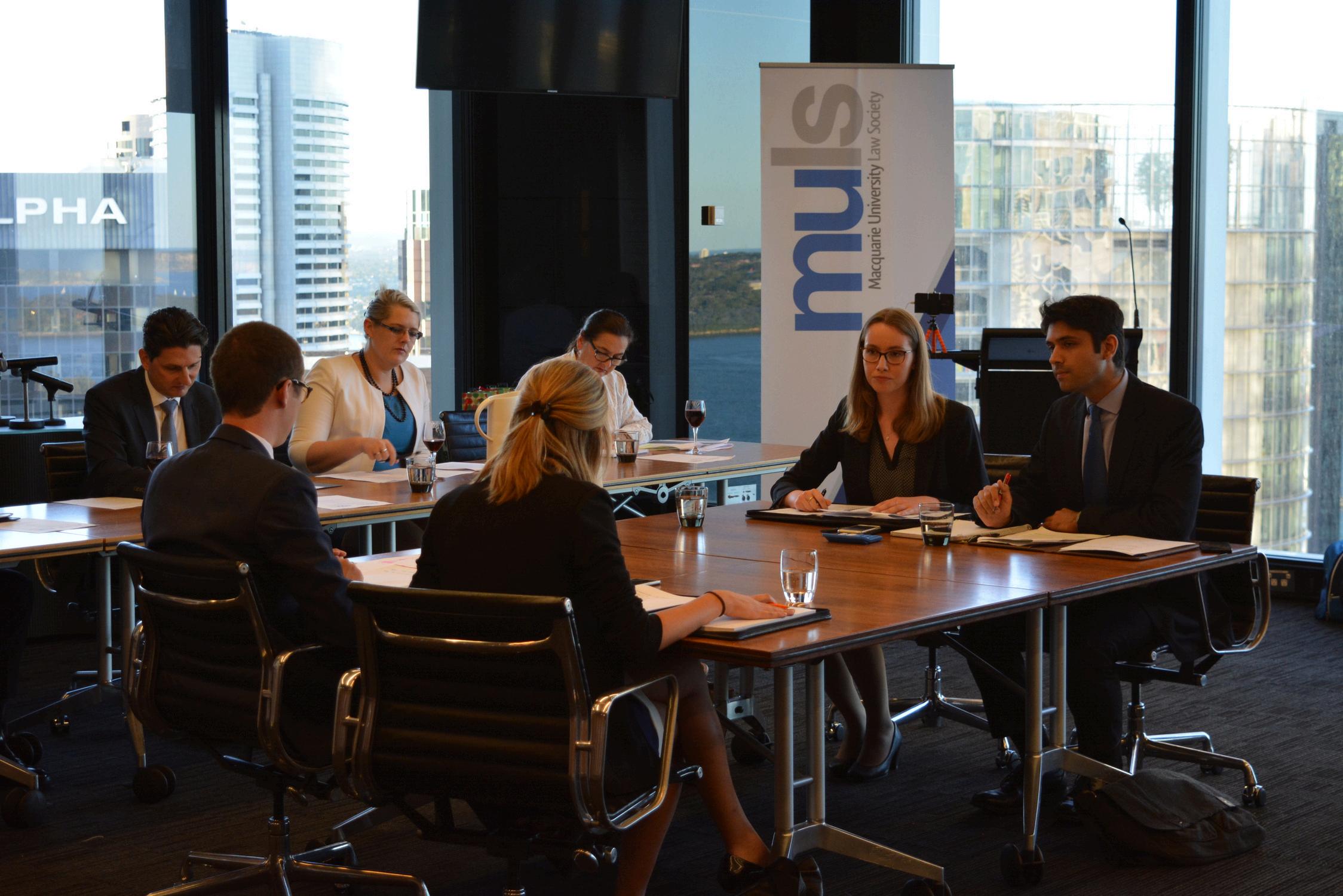
The clerkship route was not the route for me or some of my peers, who went on to work as junior commercial lawyers in private practice, which uproots the idea that there is only one fixed route to practicing commercial law. Instead of taking on a clerkship, I accepted a paralegal role at the end of my penultimate year and continued in that role after graduating from my degree in 2021. This was during COVID, so there was still some uncertainty for many people graduating in relation to securing a graduate position and, whilst I had been in a paralegal role for over a year, I was in a similar position. Some lawyers had likened this to graduating during the GFC and had suggested that the trend amongst firms back then had been to limit the number of graduate roles that they would offer. Despite this, I knew at this point that I was interested in the diversity of matters that an Insolvency practice would lead to and so I focussed on finding graduate roles in that area and eventually found a graduate role in Insolvency a few months before my admission.
Did any setbacks ultimately lead to positive outcomes in your career?
Whilst the graduate role I landed was not in big law, the firm’s Insolvency and Commercial Disputes practice was recognised by a leading directory, which meant that the senior lawyers who were training me were highly regarded in the area that I wanted to work in. Working in a smaller team also turned out to be a valuable opportunity, because once I was admitted, the partners were receptive to my goal of broadening my Court experience and offered opportunities for me to appear in Court for debt recovery and bankruptcy matters in my first couple of years in practice.
What advice would you give students who are unsure about their future in law?
In order to have a sustainable career, I think it is important to find a practice area that will keep you motivated on a daily basis and where there is a continuous learning curve, so I would recommend researching the different industries and practice areas that law firms or government agencies operate across and see if there are any professional bodies that you can join as a student to learn more about the types of work that professionals in that area practice and the legal issues that they face, which lawyers might be tasked with navigating their clients through. For instance, the R&I space has the Australian Restructuring Insolvency & Turnaround Association and each other industry or practice area should have an equivalent body.
Separately, I would recommend maintaining your interests and having a support network outside of work to share your experiences with during the process. When I was a graduate I started volunteering with a Not-for-profit Organisation, Diverse Women in Law, which provided an opportunity for me to meet other students, who were at a similar stage to me, as well as lawyers, who could foreshadow what could be expected from a career in the law.
What advice would you give students who are interested in a position similar to yours?
Follow the opportunity and find something in your role or in the role that you aspire towards that helps you to enjoy the everyday of your career.
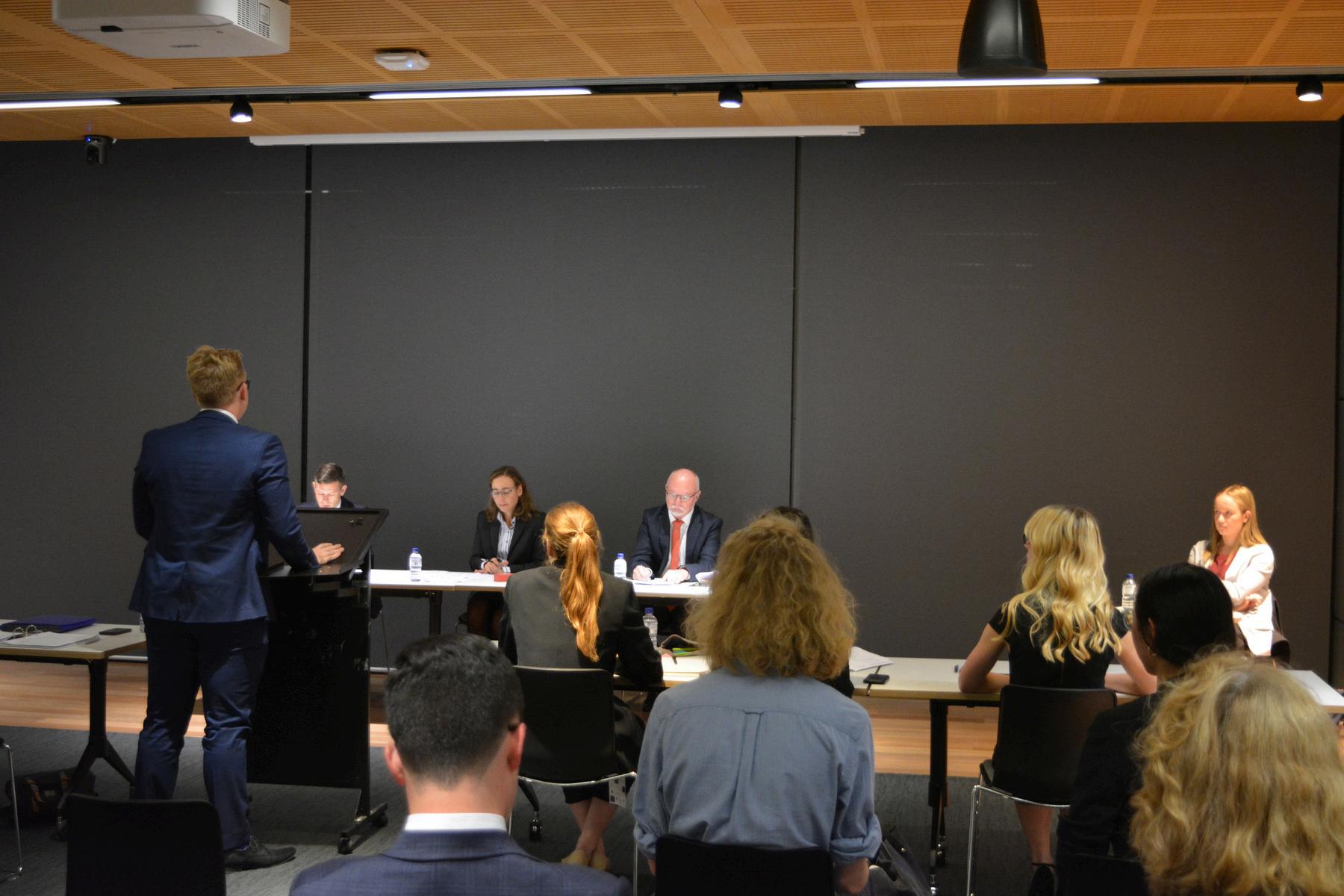
Grace Welsby Legal Counsel at the a2 Milk Company Ltd
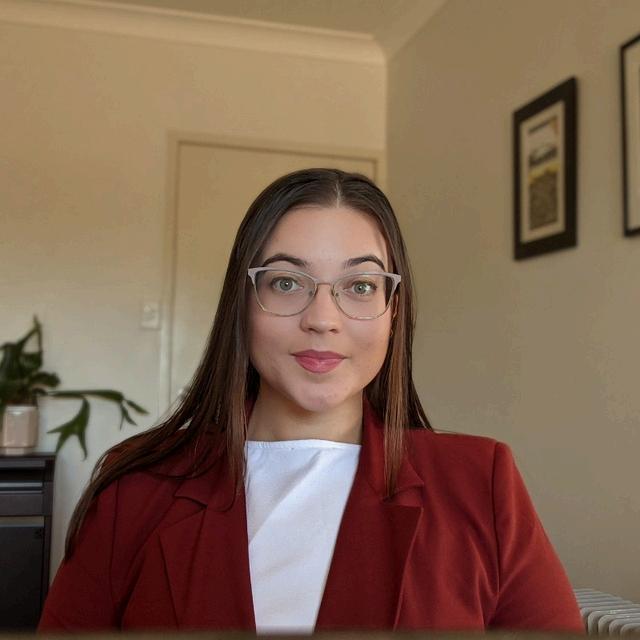
What has your career journey been so far?
I’m an in-house corporate lawyer with almost three years of experience, working exclusively in the Fast-Moving Consumer Goods (FMCG) sector think retail products, food, and beverages. I completed my law degree at the University of Wollongong and have worked in both Melbourne and Sydney. I’ve taken a non-traditional path and have actually never worked in a law firm since being admitted, instead building my commercial career entirely in-house.
How is it different to how you originally envisioned your law career to be?
As a student, I imagined a more conventional start to my legal career, but my early exposure to in-house legal work shifted my perspective and showed me how dynamic and commercially integrated legal practice can be.
There is a perceived “route” for a legal career. This is usually through a clerkship, that leads to your Practical Legal Training (PLT) at the firm, and then subsequently a graduate position. When did your career start to diverge from this path?
Right from the start! I didn’t pursue the traditional clerkship route. Instead, I interned with the in-house legal team of a global food and beverage company during my penultimate year. That experience opened my eyes to the
commercial side of law and led to a graduate role at another global FMCG business, where I rotated through their Legal and Supply Chain teams. This graduate role shaped my commercial insight, sent me on international travel, and confirmed that in-house was the right fit for me.
Did any setbacks ultimately lead to positive outcomes in your career?
Skipping a traditional firm clerkship initially felt like a setback. But the opportunity to travel and return to an in-house internship ultimately set me up for success in my current path.
What advice would you give students who are unsure about their future in law?
Get practical experience early. The reality of commercial law is very different from what you imagine as a student, so you could really enjoy aspects you never initially imagined. Talk to people across different sectors to understand their routines, lifestyles and day-to-day responsibilities.
What advice would you give students who are interest in a position similar to yours?
Keep an open mind and get involved in extracurriculars. Many of my opportunities came through volunteering and networking. I was a mentee in the Diverse Women in Law (DWL) Mentoring Program as a student, and over five years later I am still volunteering with organisations like DWL and Pride in Law. I have met some excellent friends and colleagues through these experiences.
Founded in 2019 by Keerthi Ravi, Diverse Women in Law (DWL) empowers diverse women through mentoring, networking, and professional development initiatives that engage industry stakeholders. DWL promotes inclusion and advancement across all stages of the legal profession from students to senior lawyers. Key initiatives include university roadshows, targeted mentoring programs, professional development workshops, job application support, and events such as the IP & STEM Networking Event. Through these programs, DWL aims to create meaningful opportunities, raise awareness, and build stronger networks that enable diverse women to thrive within the legal industry and drive long-term structural change toward equality
You can find their website and more information at https://www.diversewomeninlaw.com.au/.
